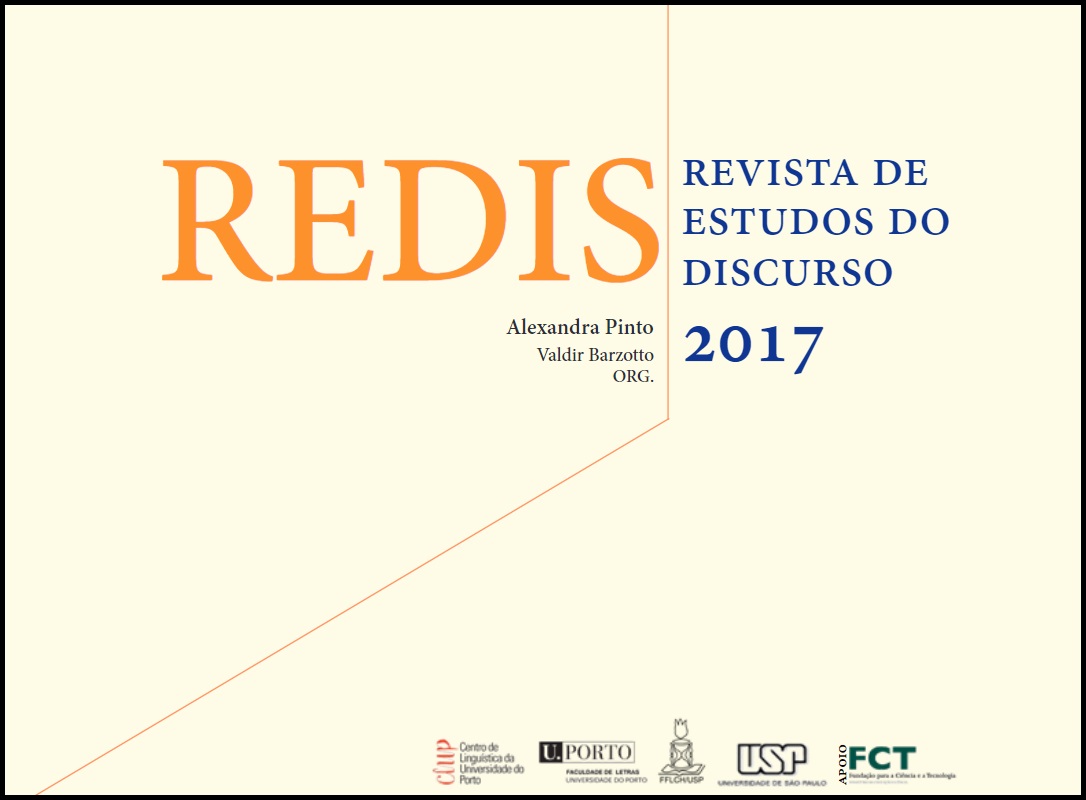A construção dos sujeitos brasileiros na enunciação presidencial de Getúlio Vargas: uma análise semântica de seus discursos de posse de 1930 e 1951
Abstract
This article presents a semantic analysis of the president Getúlio Vargas’ enunciation, more precisely of two of his inaugural speeches (1930 and 1951). The aim is to analyse the group of words that nominate and designate the Brazilian subjects regarding their relation to the State, this way observing how Vargas, in his presidential speeches, affirms, creates sense of belonging and yields meaning for the Brazilian subjects when addressing them or mentioning them in his enunciation. The analysis of Getúlio Vargas’ presidential enunciation will allow us to comprehend the ways of Brazilian citizens are identified by the State as well as the ways of establishing the relation between the Government and the Nation. This study is based on the Semantics of the Event, affiliated to the materialism, as proposed by Eduardo Guimarães (2002). From this perspective, there is not a prior fixed meaning for the words; on the contrary, we seek to understand the word’s specificities on the enunciative-discursive materiality, regarding its semantic directions and the ideological positions in the society.
Downloads
Published
How to Cite
Issue
Section
License
The authors give to REDIS. Revista de Estudos do Discurso the exclusive right to publish its texts, in any medium, including their reproduction and sale in paper or digital format, as well as their availability in a free access regime in databases.
















